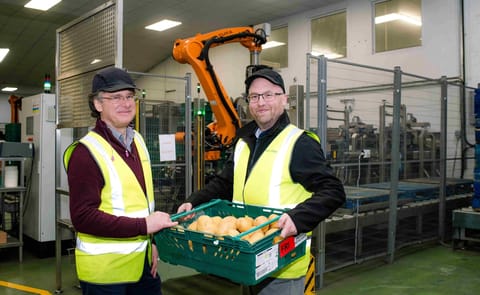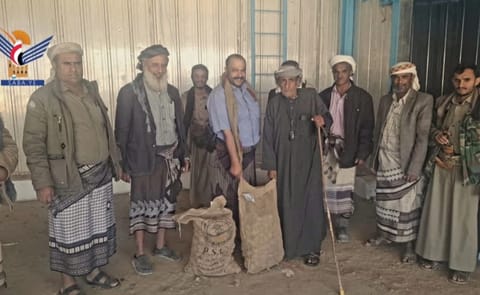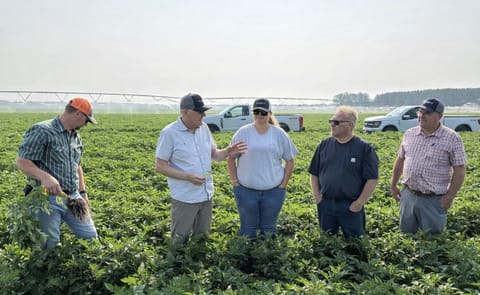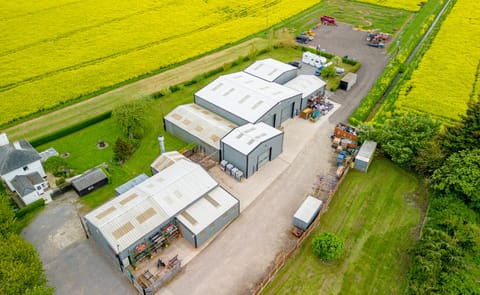Prof Ian Toth says a national strategy to tackle the growing threat of Potato Cyst Nematode (PCN) in Scotland is needed.
主标签
Scottish Government working group presents plan to combat Potato Cyst Nematodes

New research to tackle the growing scourge of Potato Cyst Nematode (PCN) has been identified by a specialist Scottish Government working group.
Group member Professor Ian Toth of the James Hutton Institute told a meeting of the Scottish Society for Crop Research (SSCR) that an initial research programme costing £2.3m could begin within the next five years if funding is found.
The report, which has been submitted to the Scottish Government, will be published on the Plant Health Centre within the next two weeks.
PCN is currently costing growers £25 million (~$34.8 million) annually in lost production, and scientists have predicted that if the pallida strain in particular continues unchecked it could lead to the end of Scotland’s valuable seed potato industry.
To preserve potato-growing land base for future generations, Professor Toth said the group’s recommendations included designating special status for land free of PCN, to afford farmers recognition for the condition of their land. He also suggested that those who owned this land could be eligible for incentives in future agricultural support systems.
Another of the group’s short-term recommendation is to adopt a testing system such as that used in the Netherlands where, if PCN is found in a field, it is then divided into strips and retested, with strips found to be free from PCN on the second test then used to grow resistant varieties.
Ian Toth:
"That would require a policy change. It would also require more precision in GPS technology so that different parts of field could be differentiated."Prof Toth said managing the PCN epidemic in the short to medium term would require an improvement in diagnostics.
Ian Toth:
"Currently that’s only done when a grower wants to plant seed in a certain field."Professor Toth said a national strategy for tackling PCN was required, along with an economic impact assessment to identify the consequences of no action.
"The idea is that growers could look at fields throughout the different generations to identify if there’s a problem on not, then try to deal with it between crops. We need to look at ways off offering a service and reducing the price to make it commercially possible."
He also highlighted the need for better knowledge exchange and communications.








